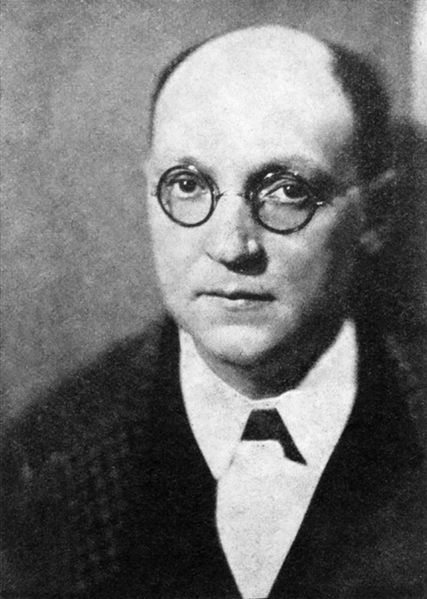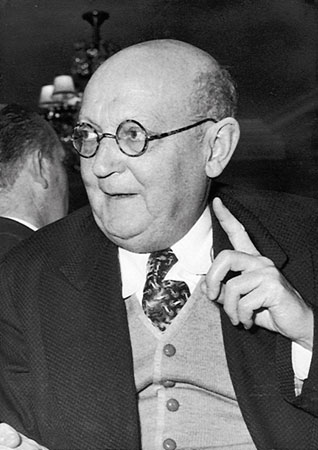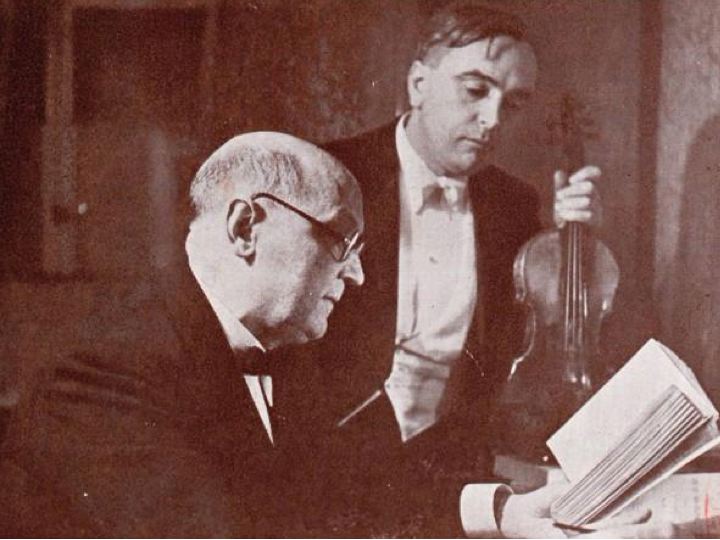<Back to Index>
- Philosopher Friedrich Theodor Vischer, 1807
- Writer Georges Duhamel, 1884
- Dictator of Portugal Francisco da Costa Gomes, 1914
PAGE SPONSOR


Georges Duhamel (June 30, 1884 - April 13, 1966), was a French author, born in Paris. Duhamel trained as a doctor, and during World War I was attached to the French Army. In 1920, he published Confession de minuit, the first of a series featuring the anti - hero Salavin. In 1935, he was elected as a member of the Académie française.
Georges Duhamel was born in the thirteenth arrondissement of Paris on the 30th June 1884. He was the third child of a family which struggled to survive on the income of his unstable father. After a childhood disrupted by numerous moves, Georges nonetheless passed his baccalaureate in 1902 and decided to become a doctor (though he continued with his literary interests also).
Between 1906 and 1909 he founded l'Abbaye de Créteil with Charles Vildrac (who would become his brother in law). The group brought together poets, writers, musicians and painters. From 1912, he became an editor of the literary review Mercure de France. In 1935, he took over the direction of the review and its publishing house. In 1938, because of Duhamel's anti-war stance, he was replaced by Jacques Bernard, but Duhamel returned to directing the Mercure de France publishers in 1945 (he was majority stock holder of the company).
When the First World War was declared, Duhamel signed up and worked as an army surgeon for four years, often in dangerous situations. This painful experience provided the subject matter for two narratives which brought him immediate success, Vie des martyrs and Civilization (which won him the Prix Goncourt in 1918). Once he returned to civilian life, Duhamel dedicated himself to literature and defending human civilisation. In 1919, he found two spots in the Val-d'Oise where he would henceforth spend his summers (Sausseron Valley and Valmondois).
In 1935, Duhamel was elected to the 30th chair at the Académie française. Between 1930 and 1940 he traveled to many conferences in France and abroad, speaking brilliantly of French language and culture as well as promoting the idea of a civilisation built on the human heart rather than technological progress.
During the Second World War, Duhamel's work was banned by the Germans. He showed courage in his opposition to the occupation and the Petainist faction of the Académie française, later receiving public praise from Général de Gaulle.
After the war, Duhamel was named president of the Alliance française and
returned to public speaking on French culture. He built up numerous
schools of the Alliance. Duhamel's health deteriorated from 1960 and he
reduced his activities. He died in Valmondois on the 13th April 1966.
